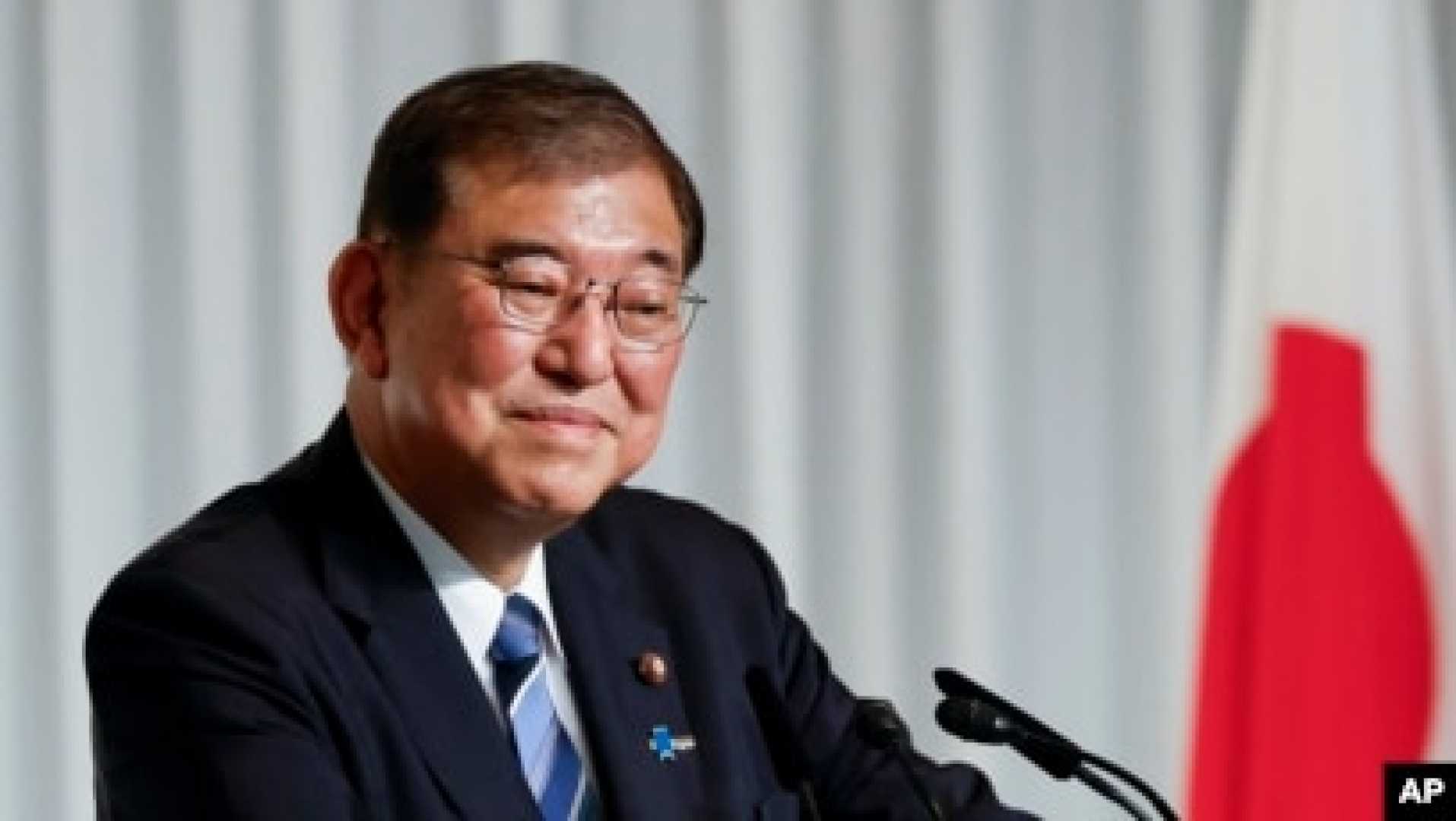News
China Calls for Stable Ties with Japan Following Ishiba’s Leadership Victory

TAIPEI, TAIWAN—China has urged Japan to maintain a “healthy and stable” bilateral relationship after Shigeru Ishiba, the former Japanese Defense Minister, secured victory in the leadership race for the ruling Liberal Democratic Party. Ishiba is poised to assume the role of Japan’s next prime minister when lawmakers convene on October 1.
Chinese Foreign Ministry spokesperson Lin Jian expressed Beijing’s perspective on Friday, highlighting the “sustained, sound and steady” progress of China-Japan relations as mutually beneficial. Lin characterized this developmental path as “the only right choice.” He stated that China hopes for Japan to “have an objective and right perception of China” and take measures to advance their strategic relationship for mutual benefit.
The appeal from China occurs amidst escalating tensions between the two East Asian nations. Recently, China has amplified its military activities near Japan, including deploying its aircraft carrier Liaoning through a zone near Yonaguni, Japan’s westernmost island, and conducting extensive military exercises around the Sea of Japan.
In a recent development, a Japanese battleship passed through the Taiwan Strait, eliciting a strong rebuke from Beijing against such “freedom of navigation” activities. Additionally, Japan raised alarms after China’s recent intercontinental ballistic missile test, which fired into the Pacific Ocean. Japan criticized the test, noting it received no prior notification, and described China’s increasing military assertiveness as “a serious concern.”
Experts suggest that Beijing is cautiously observing Ishiba’s potential foreign policy stance. “Beijing is very cautious and concerned about Ishiba’s stance because he has been very assertive and hardline about Japan’s security policy,” noted Kyoko Hatakeyama, an international relations professor at the University of Niigata Prefecture, in a phone interview.
Previously, Ishiba proposed forming an “Asian NATO” and encouraged Japan’s Self-Defense Forces to be more proactive against foreign intrusions. Unlike outgoing Prime Minister Fumio Kishida, Ishiba advocates for greater autonomy in Japan’s defense policy, aiming to collaborate independently with allies such as the United States, South Korea, Australia, and the Philippines.
Chinese analysts advise vigilance regarding Ishiba’s policies. “China needs to stay alert to Ishiba as he reportedly had called for creation of an ‘Asian NATO’,” said Da Zhigang, director at the Institute of Northeast Asian Studies, according to the Global Times. Xiang Haoyu, from the China Institute of International Studies, anticipates Japan’s continued use of “the Taiwan question” to align with the U.S. against China.
While Ishiba might adjust policies concerning China, experts like Jeffrey Hall from Kanda University suggest he will likely uphold existing defense policies, though potentially with greater emphasis on diplomacy over military threat rhetoric. Yet, Ishiba is also expected to maintain Japan’s strong ties with Taiwan.
Despite heightened Sino-Japanese tensions, potentially fueled by recent affairs including the tragic death of a young Japanese boy in Shenzhen, both nations appear intent on managing their bilateral relationship. “China has recently agreed to gradually resume imports of Japanese seafood, signaling a mutual intent to prevent further escalation,” stated Hatakeyama.












